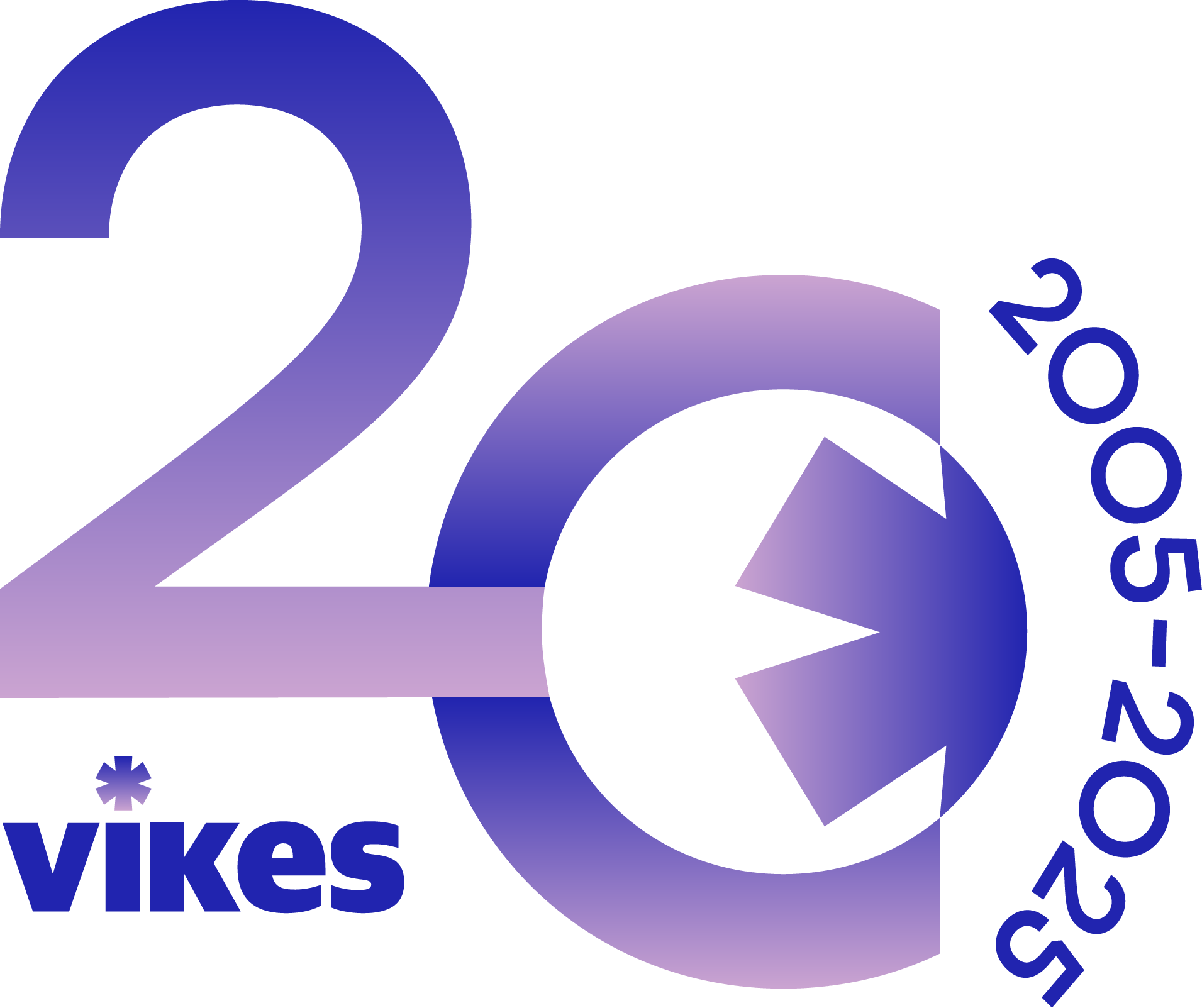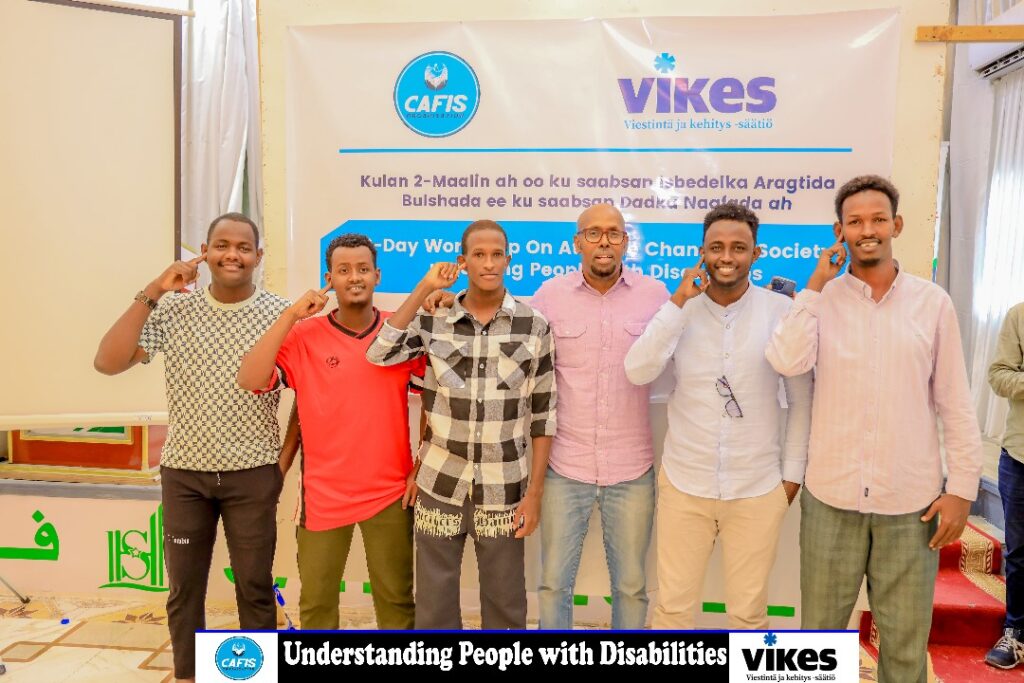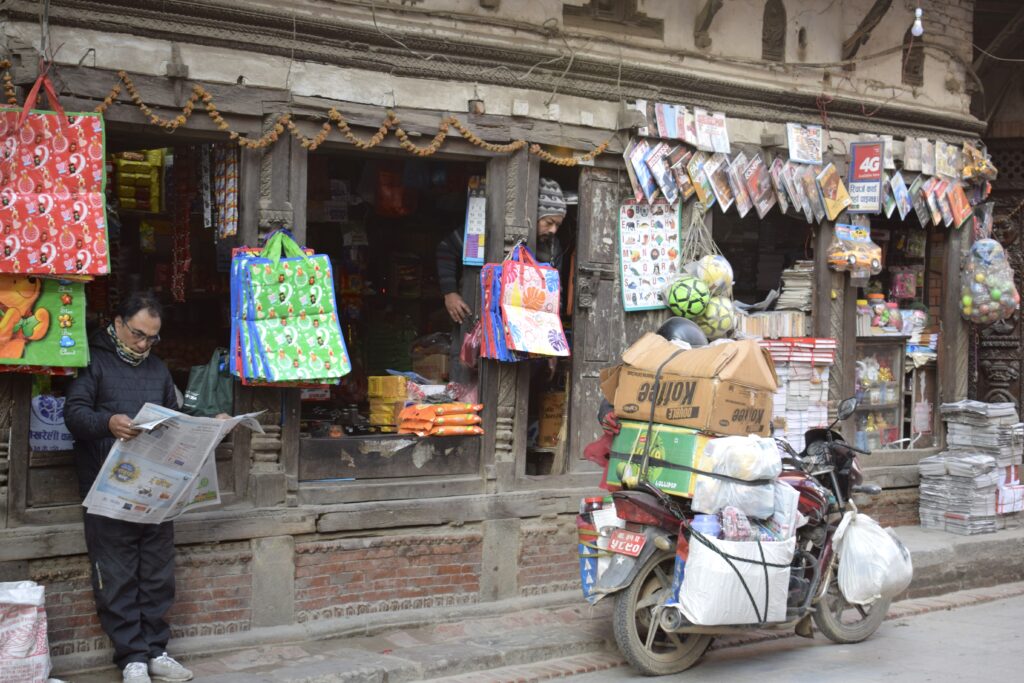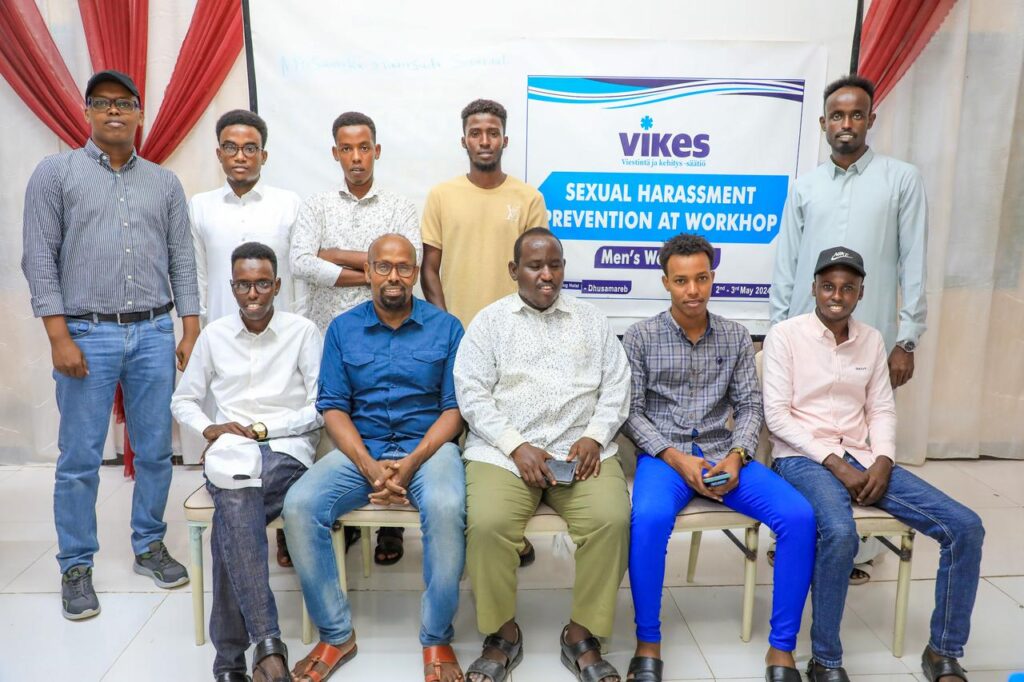Central American journalists gathered in Guatemala for training and networking at the end of October. There is a growing need for cooperation and peer support as press freedom is eroding in all countries of the region.
El Salvadorian journalists founded the El Faro media house 25 years ago. The name means lighthouse. After the civil war, the country had become a democracy, and the new era seemed to deserve a new kind of communication, recalled Carlos Dada, editor of El Faro in Guatemala on the 25th October.
Dada spoke at the opening of the Central American Journalism Forum ForoCAP. ForoCAP is a major annual journalism event organised by El Faro. For the last couple of years it has been held in Guatemala, as El Faro’s home country has become too dangerous for the free media. El Faro has exiled its administration to Costa Rica.
“Until a few days ago, we were asked whether to hold a forum or not,” Dada said.
Guatemala, the host country, is facing a political crisis as political right, headed by the incumbent President Eduardo Giammattei, who lost the elections, is reluctant to step down, and many actors are doing everything they can to slow down the transition of power. The winner of the election, Bernardo Arévalo, should become President in January 2024. Indigenous peoples and farmers have organised several demonstrations and closed roads. In practice, however, the roads to the city of Antigua were open and ForoCAP could be organised.
“Because of the situation, we felt it was even more important to organise this forum and show support for our Guatemalan colleagues,” said Dada.
Arévalo also spoke at the event.
The age of democracy over?
According to Dada, the years of democracy in Central America seem to be behind us and press freedom is under serious threat. In all countries in the region, the situation has deteriorated as authoritarianism has increased. Only in Costa Rica can we talk about a free media, but even there the trend has been downwards.
The Costa Ricans involved in ForoCAP said they were watching their neighbours with concern, and also with an eye to knowing which steps in the erosion of press freedom will follow one another.
“The populist government of Rodrigo Chaves has made it illegal to do journalism in Costa Rica,” Dada said.
In Guatemala, El Salvador, Honduras and Nicaragua, soldiers have returned to the political arena. The worst situation is in Nicaragua, where hundreds of journalists have already fled the dictatorship. Many people continue to work after exile, but it is very hard financially and emotionally.
“Every day someone leaves this profession,” Dada reminded.
Authoritarian regimes do not like critical journalism, and harassment and violence are commonplace.
“We are doing a job that is uncomfortable for them,” Dada said.
A dictator typically wants to stay in power and restrict people’s basic rights. Writing about these shortcomings makes the job very dangerous.
“We are tired, but we are not paralysed by fear,” Dada said.
He pointed out that Central American journalism is dynamic and very much alive. It’s a difficult and fantastic situation at the same time, because the quality of work is better than ever.
“We are journalists of resistance. Resistance is something we do together, and we are ready for the next 25 years.”
A network to help those on the run
Last year, ForoCAP set up a network of journalists in Central America to support journalists in difficulty.
It serves as a networking and discussion space, but also as a concrete help. The network has developed an evacuation mechanism to help persecuted journalists move either within their country of origin to a new location or to another country altogether. In their new host country, journalists receive financial support, as well as emotional support from colleagues.
The network also offers legal assistance, mentoring and scholarships. Dada says that ideally the network could also act as a forum for information exchange and training, but in its first year of life the network has focused on the safety of journalists and emergency response.
Vikes brought partners to trainings
The ForoCAP Journalism Forum is a four-day training and networking event for Central American journalists. Its organiser, El Faro, is a partner of Vikes, and Vikes has supported the organisation of the forum. The Forum is also supported by a large number of international donors.
Vikes also brought 12 Nicaraguan journalists to the Forum. They take part in workshops on everything from investigative journalism to editing, photography and new forms of storytelling.
The Forum will also present a number of journalistic non-fiction books and will feature interviews and panel discussions with leading figures in Latin American journalism, from Martín Caparrós of Argentina to Jon Lee Anderson of the United States and Carmen Aristegui of Mexico.
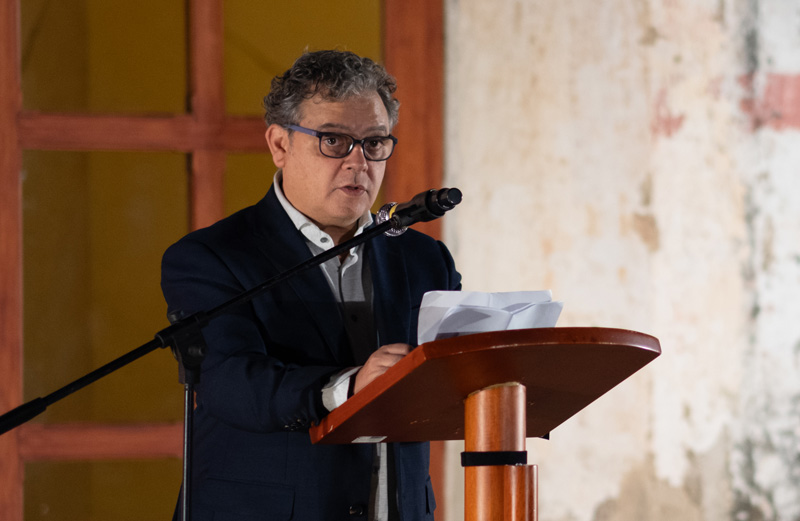
Carlos Dada, editor-in-chief, opened ForoCAP.
